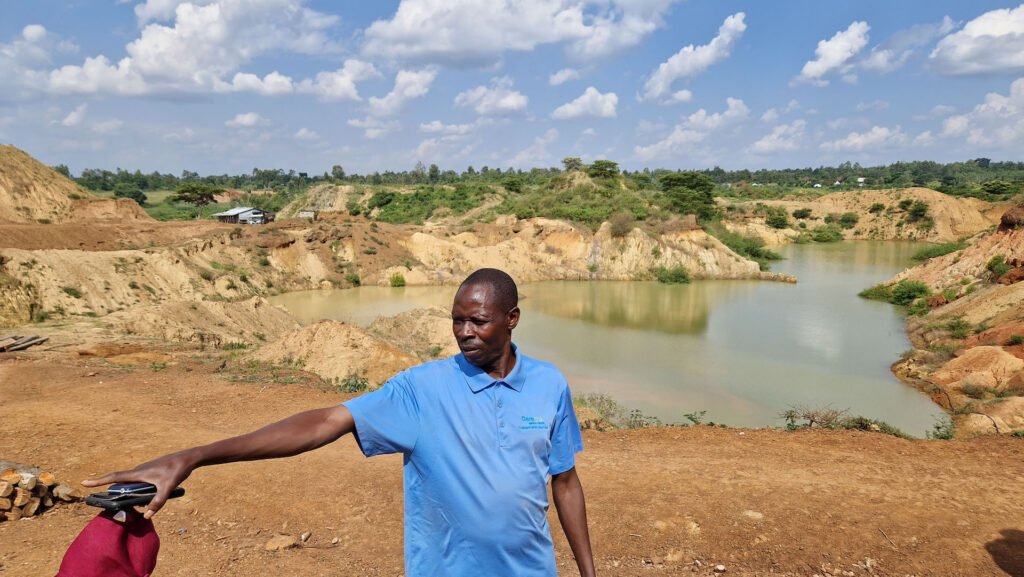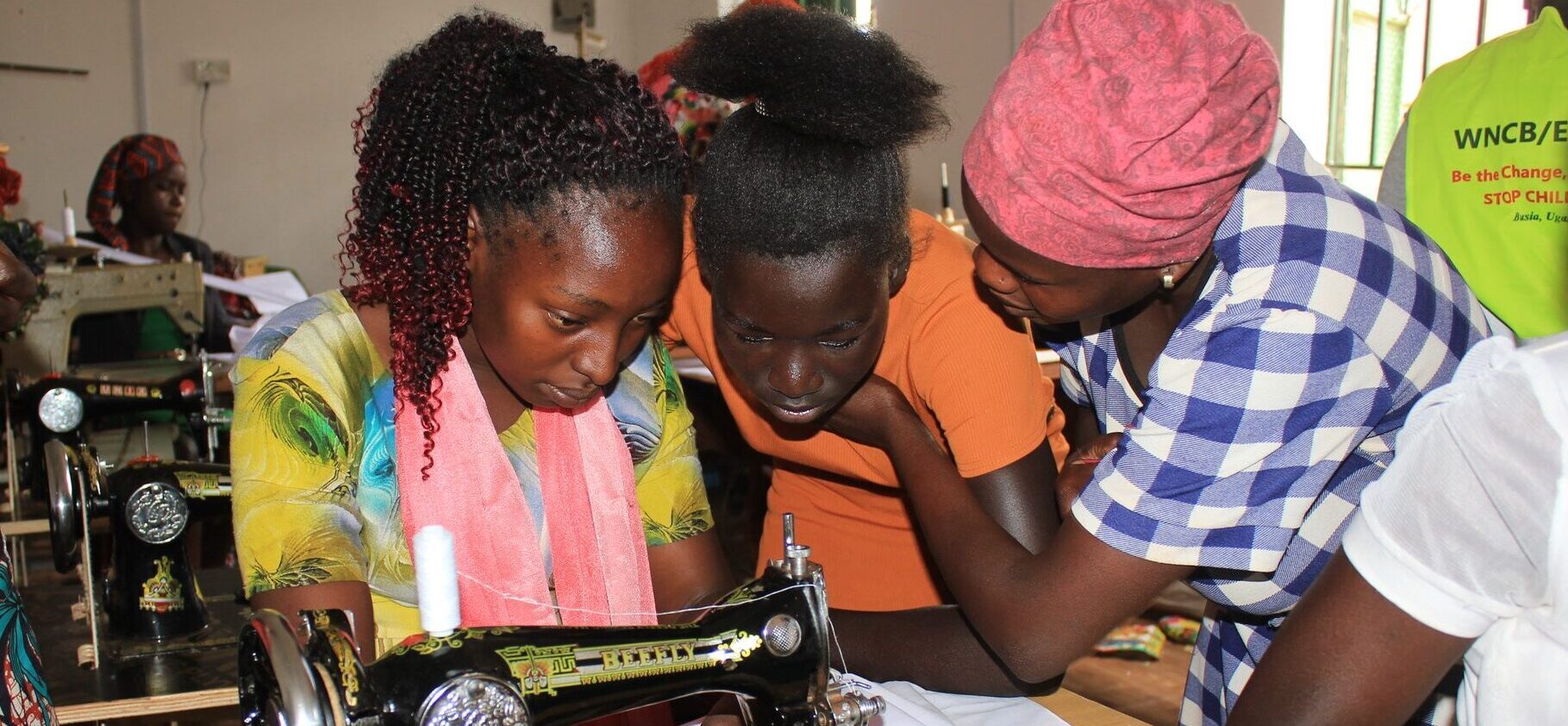Challenges in Busia
Combatting the problem of child labour in Busia is challenging. Children join the gold mining with their parents and youth engage in mining because of a lack of decent employment opportunities, lack of decent employment opportunities, peer influence, and a lack of educational institutions. Also, children in the region are commonly involved in other forms of child labour especially, street vending, cross boarder smuggling, and working on farms. Strong cultural beliefs and poor services in the areas of health and education makes child labour difficult to control.


Labour conditions of adults
Work in the Artisanal and Small-scale Mining is usually done by workers who struggle to make ends meet. Untrustworthy middlemen and distant buyers who can set the prices as they want. Workers are often subjected to the denial of their rights as workers, low wages, and inhumane working conditions. Due to the workers’ dependency on contractors and middlemen, and their limited awareness of their rights, it is very difficult for them to stand up for themselves
High school drop-out rates
The area lacks quality education worsened by poor working conditions of teachers leading to high school dropout rates. Parents’ low socioeconomic status has a strong influence on the educational aspirations of children and youth, as well as parents do not have enough money for school fees. While some of the children periodically attend primary school while working in the mines, very few of them eventually go on to secondary school.
Lack of opportunities for youth employment
Overall, 50% of the economically active youth in Busia are not engaged in income generating employment. Youth self employment is by far the most common form of youth work, meaning, the majority works without a formal contract or any type of social security. The youth self-employment entrepreneurs are driven by necessity, rather than opportunity, and their business activities are basically a survival strategy and not a sustainable business. Access and availability of quality vocational training and and start up capital is limited.
COVID-19
After the Government of Uganda opened its economy in January 2022, the effects of the COVID-19 lockdown continued to be felt. Many children did not return to school and are exposed to child labour. Especially girls have gone back to the mines to look for quick means of livelihood.
During the COVID-19 lock down, school closures escalated incidences of pregnancies among girls especially among the 10-14 year old where the increase was by 366.5% from 290 in March 2020 to 1,353 in September 2020 (FAWEU report 2020).
Youth have been hit hard by the COVID-crisis experienced a much higher percentage loss in employment than adults (see ILO report on youth employment).
As a result of COVID-19, economic activities continued to be slow, for example households engaging in mining lacked a market for their aggregates which largely affected their access to income. This also augmented the poverty levels, affected savings and affected the households’ ability to meet their day to day needs.
Lack of access to financial services
Access to financial services for families is limited. Families are unable to access formal financial institutions for credit and rely on informal sources of finance or their own or their families’. As a result, families are unable to increase productivity through investments for example better equipment.


